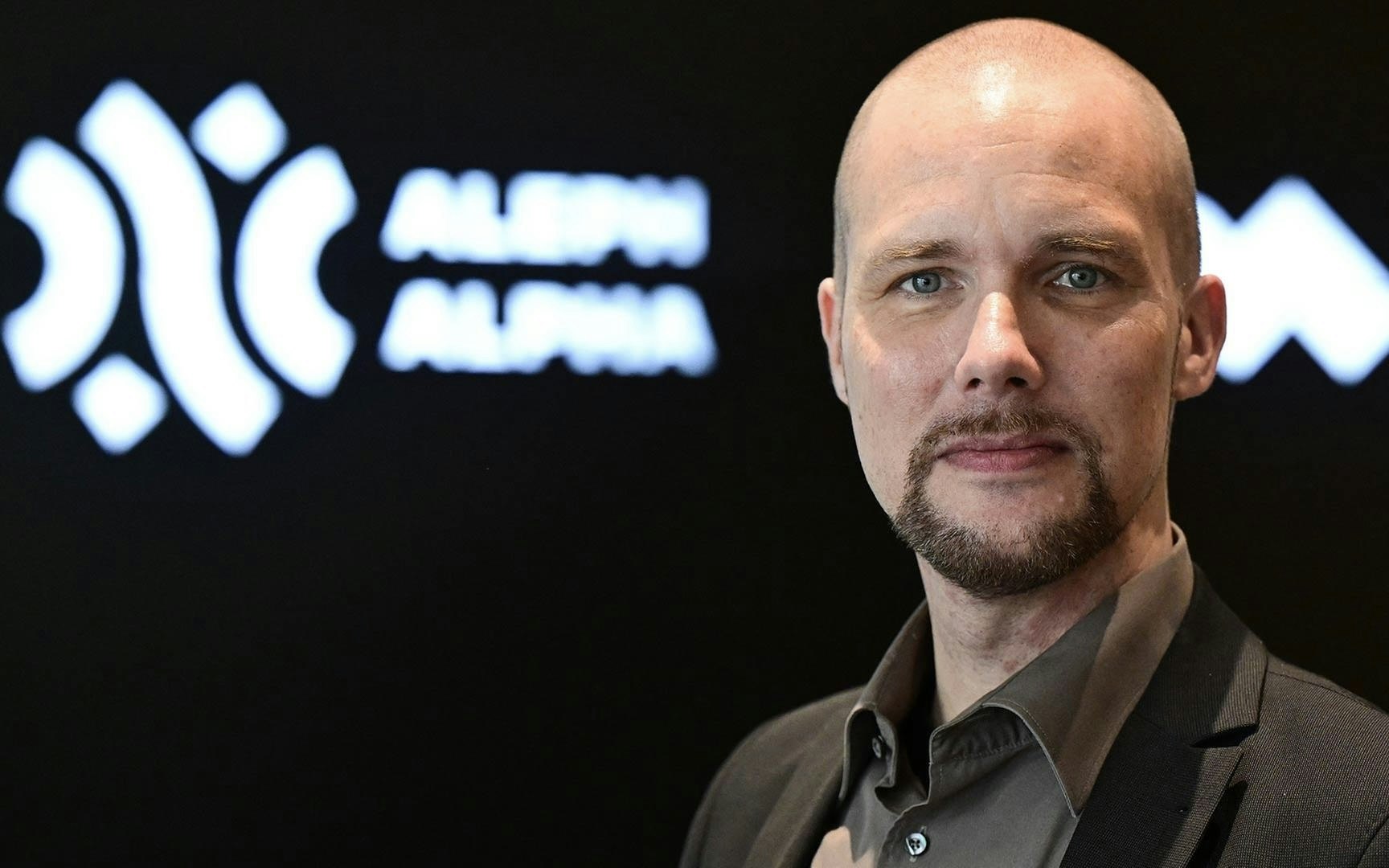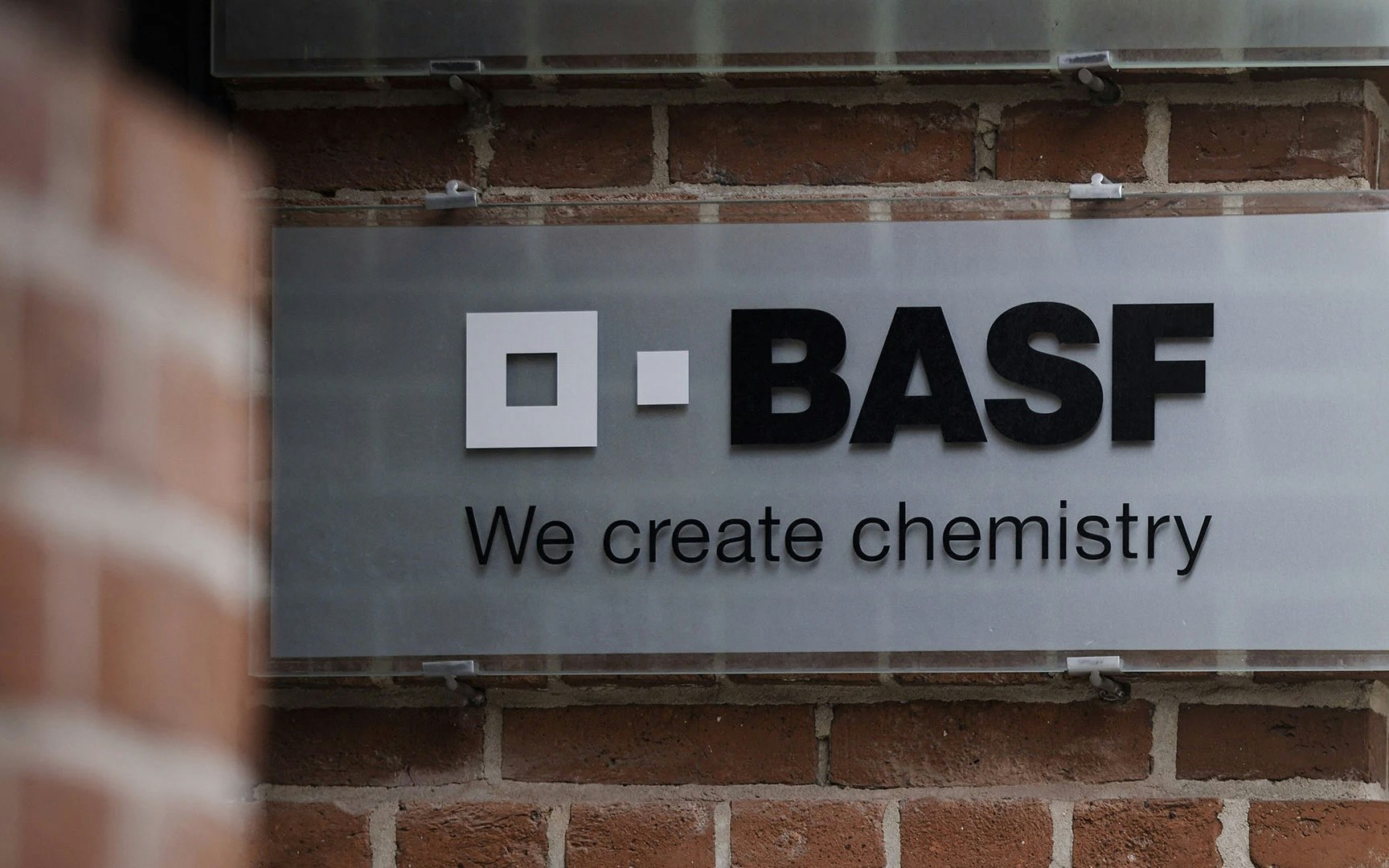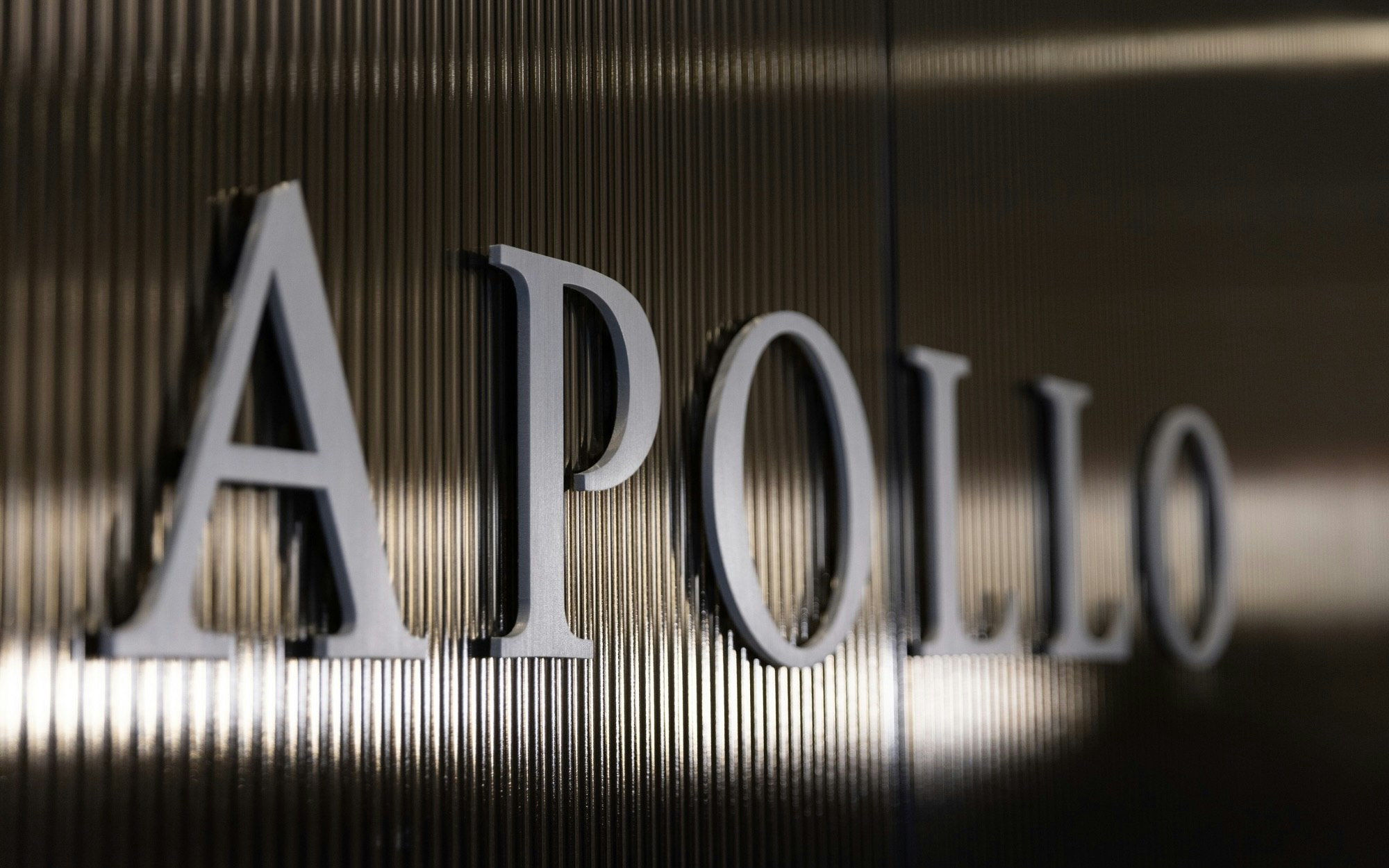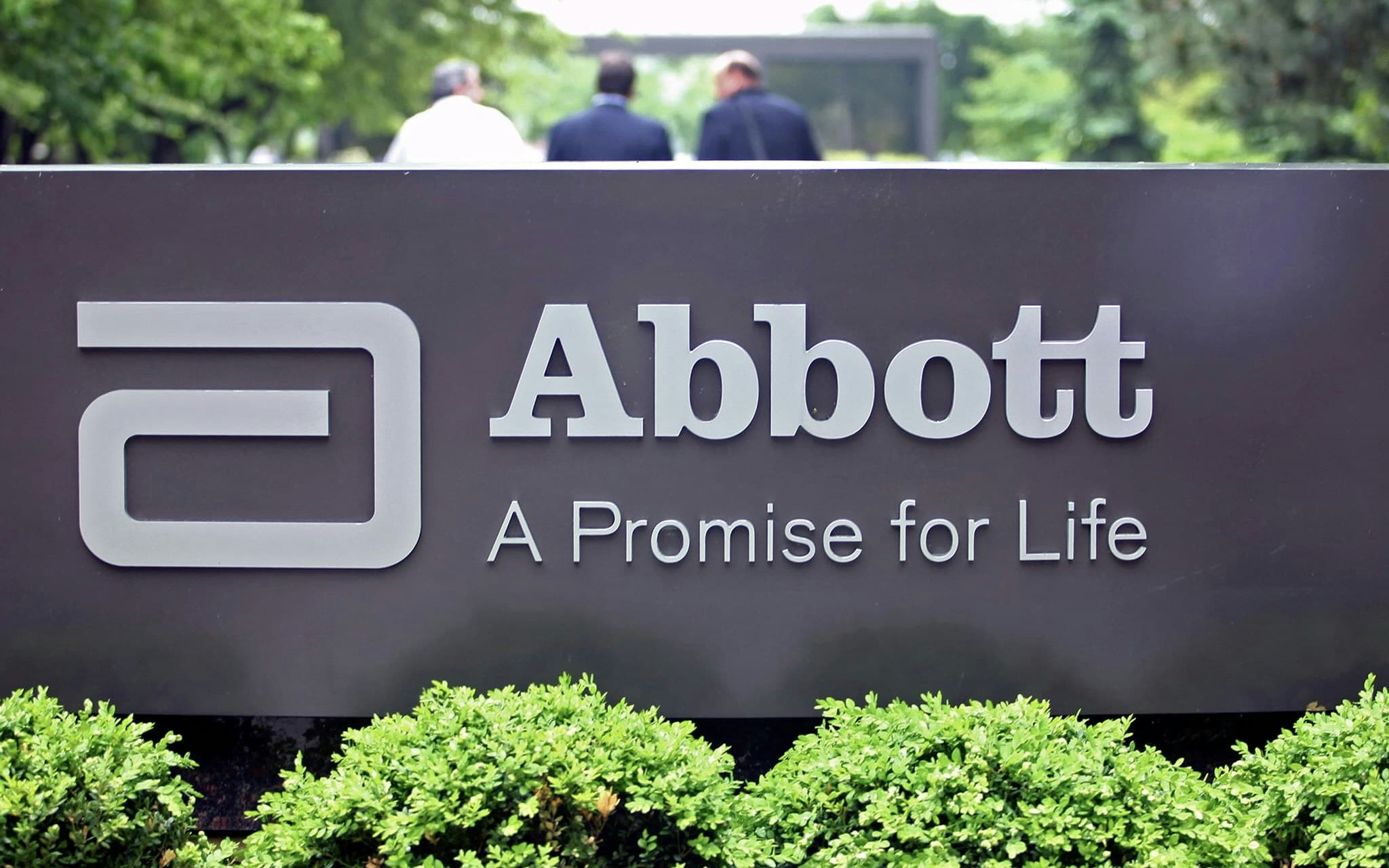AI
The Success Story of Jonas Andrulis in Focus
Jonas Andrulis, the founder of Europe's AI start-ups, is becoming increasingly important in both politics and corporations.

Germany's leading AI start-up has made an important step towards European technology sovereignty. The company Aleph Alpha, founded by Jonas Andrulis, has just completed an impressive financing round, with prominent investors such as Bosch, the Schwarz Group (Lidl, Kaufland) and SAP joining in. Politics is also showing great interest in the promising start-up, which is hailed as the German counter model to the AI giants from the USA and China.
Andrulis, who has already raised 500 million dollars with his company, is however concerned. Given the billion-dollar investments by OpenAI and Microsoft in the so-called generative AI for businesses, he sees his company in existential danger. He fears for the survival of his 60 employees. This is because the leading AI offerings so far mainly come from the US and China, which could put European companies in technological dependency.
But Andrulis is not ready to give up. His vision goes far beyond the already successful base technology of his company. He wants to stand out from the competition with groundbreaking developments from AI research and achieve things that no one has thought possible before. In the midst of the race for the future-oriented technology of Artificial Intelligence between the USA and China, Europe sees a chance but also a serious threat. The increasing automation opens up new opportunities for companies on the one hand, but on the other hand they could also become dependent on foreign companies. This is where Jonas Andrulis comes into play, offering an alternative for European companies with Aleph Alpha.
Despite his company having great prospects of success due to its current funding round and the support of renowned investors, Andrulis remains modest and realistic. He emphasises that the mission of European technology sovereignty presents a tremendous challenge and is by no means easy to achieve.
Nevertheless, support for Andrulis and his team continues to grow. Top politicians regularly show their interest in Aleph Alpha and place great hopes in the AI start-up as a European counter-model to the dominant tech giants from overseas.
With his mission to strengthen Europe in the competition for artificial intelligence and to achieve technological sovereignty, Jonas Andrulis could play a significant role in shaping the future of the European economy and society. It is a high responsibility resting on his shoulders. However, Andrulis is ready for it and his vision does not waver, even with possible doubters. For him, it is certain that AI technology represents a pivotal point in the history of mankind, and he will do everything to help shape it.
The name Jonas Andrulis has been on people's minds for a year. 42 years old, industrial engineer and a "nerd", as he describes himself. A man with a bald head, goatee, and a steady grey shirt over the black T-shirt of his company. A man who never liked to be in the spotlight but has been on the big conference stages since the founding of his company Aleph Alpha in 2019. Why the attention? Because Jonas Andrulis is the CEO of a company that will significantly shape the future of the technology sector. His mission? Initially unclear to the public, but increasingly clear since then.
Jonas Andrulis is a man with a vision: He wants to make Artificial Intelligence (AI) useful for humanity, while also keeping an eye on potential dangers. A vision that began during his student days, when he launched an AI-based platform. And which has developed over the years, leading up to the founding of Aleph Alpha in 2019.
But who is this man who is now the focus of interest? A serial entrepreneur who sees himself as a tech revolutionary? Or a man who has already left his mark at tech giant Apple? The answer to this question probably lies somewhere in the middle.
Even as a young adult, Jonas Andrulis had the desire to become a researcher and physicist. However, life took him on a different, no less exciting path. He worked in AI research at Apple and was surrounded by brilliant minds with great ideas. Here, he early on recognized the new era of AI and its enormous potential.
In 2014, his company Pallas Ludens was purchased by Apple, and Jonas Andrulis took on a high-ranking management position under CEO Tim Cook. However, the international corporate culture, along with the power games that take place at the top management level, weren't right for the German engineer. It seemed like he could no longer freely express his ideas within the hierarchical structure. "I am a German engineer. If I think your idea is crap, I would like to say it," he quipped at the startup conference Slush'D in Heilbronn about the Californian style of communication.
For Jonas Andrulis, it was time to explore new paths and break out of management hell. He did not just want to develop basic AI algorithms, but the next generation of AI that was not even in view yet. So, together with his colleague Samuel Weinbach, he founded Aleph Alpha in 2019, an AI company. They aimed to take human-machine interaction to an entirely new level. An ambitious endeavor poised to take the big stage soon.
Over time, Andrulis and Weinbach recognized the importance of multilingualism in AI development. They trained their models in various languages, including German. They named their company after the Aleph numbers, which can measure infinite sets and symbolically represent an AI with unlimited possibilities. They found an office on the premises of a US security company in Heidelberg, where they also set up their own data center. However, it took some time before the world noticed them. For who knew about the then still small company Aleph Alpha?
The founders recall often feeling like they weren't taken seriously, even though they were already talking about innovation and transformation. But everything changed when ChatGPT was released in November 2022. An AI text robot based on the GPT model, trained and developed by Aleph Alpha. Suddenly, all media outlets were lining up to talk to Jonas Andrulis.
And even today, he is more in demand than ever. For Aleph Alpha is already working on the next generation of AI language models. Models that will not only solve simple tasks, but will herald a new era of technology. An industrial revolution that has the potential to completely change our world. In the Handelsblatt podcast, Jonas Andrulis talks about the transformative potential of AI and the possibility that the working day of programmers could change significantly.
Yet it is already clear that Aleph Alpha is only at the beginning of an exciting journey. And who knows what the future still holds for this company, which plays with infinite possibilities and contains infinite amounts of knowledge. A company that can change everything.
"These gigantic systems, in essence, capture the entire world," says Jonas Andrulis. The systems are capable of understanding patterns, contexts and concepts from observing the whole world. As a result, they can understand and reproduce all human knowledge, including language, general knowledge and various styles. Today, anyone can comprehend what Andrulis means with ChatGPT. Depending on the input to the text robot, it can compose complete texts, compose poetry or suggest ideas for marketing campaigns. As early as 2021, Jonas Andrulis primarily saw potential applications for companies and reported on initial customers and their use of the technology. "A Dax company, for example, has countless internal documents - research results, e-mails," he explained. An employee of the corporation might be interested in learning how the company's assessment of the economic impacts of a specific activity has evolved across different branches over the years. According to Andrulis, an assistant would be "easily busy for two weeks" with such a task. However, this can now be effortlessly done with an AI assistant.
In August 2023, Handelsblatt reported that the industrial conglomerate Bosch is working on its own BoschGPT, which is to be released by the end of the year. It is expected to be capable of doing approximately what Jonas Andrulis described in 2021. This also shows: The competition from OpenAI and other US competitors may be a major threat to Aleph Alpha, but it also offers the company greater opportunities than ever before. The recruitment of highly qualified and experienced employees, as well as attractive customers, is now easier than ever.
In July, Ramin Mirza, formerly of Google, SAP, and IBM, began as Vice President of Revenue at Aleph Alpha. In this position, he is responsible for bringing the company's language models and AI tools to the market. "Before ChatGPT, it would have been difficult to make this market entry," he says. Without the attention that the chatbot drew to generative AI, Aleph Alpha would have hardly managed to get large customers to bet on a start-up. One of the first to recognize the potential of Aleph Alpha and its technology was Florian Stegmann, Minister of State in Baden-Württemberg.
Already in 2021, he wanted to integrate AI into administration - long before the hype around ChatGPT. And he has already made good progress. By now, 330,000 employees of the Baden-Württemberg state administration have access to the AI assistant "F13". The name refers to the function keys of the computer keyboard, with which certain work steps can be executed with one click. The keys F1 to F12 are already in use, F13 stands for the automated acceleration of administrative processes. The program works similarly to ChatGPT, yet the state's innovation lab and Aleph Alpha have adapted it for use in administration.
This aims to make the influx of information manageable and improve internal knowledge management. Currently, there are three functions: summary, research, and the "cabinet memo function", which allows for largely automated creation of short briefings for the ministers. So far, employees had to manually compile this information based on cabinet templates. When introducing F13, Baden-Württemberg was fortunate. The prototype was ready for use when the great hype about ChatGPT spread in Germany in 2023. "Everyone wanted to try ChatGPT", says Stegmann. The concern that employees might enter confidential government information into a US tech company's chatbot was a crucial aspect for the politicians.
"However, the state administration did have a tool they developed themselves that staff could trial in their area of business," explains Stegmann. "But then Andrulis stepped in and said: We have to start now, we can't wait here - this is crucial for the future of our country," he recalls. "At some point we came to the conclusion: Let him stay on in administration, as long as he is successful in established companies too," adds Paul Retterath, CEO of Aleph Alpha. "And with every milestone, you can see his pride say: See, it works with the administration and Germany can manage this."
Federal Minister for Digital and Transport, Volker Wissing, has already confirmed his interest in F13. "It is indeed my goal that we take this over into federal administration as quickly as possible," said the FDP Minister at an event in August in Heilbronn. AI systems increase productivity to such an extent that only those who use AI themselves can keep up, according to Wissing. "It is all the more important that we prepare to quickly introduce AI systems, but also to ensure that they are trustworthy." Therefore, it is important that there is also AI "made in Europe."
Florian Stegmann is today one of the most important ambassadors for Aleph Alpha - as is his party colleague, Prime Minister Winfried Kretschmann from the Greens. It is no coincidence that the press conference on the financing round on Monday takes place at the Baden-Württemberg state representation in Berlin. However, politicians outside of Baden-Württemberg have long discovered Andrulis and Aleph Alpha - as important contacts for all questions surrounding the AI hype and the regulation of artificial intelligence.
Federal Economy Minister Robert Habeck, also from the Green Party, visited the company during his summer tour in Heidelberg, invited Jonas Andrulis to his annual transformation talk in Berlin, and even made the funding round announcement a matter of the minister's business on Monday. He had experienced live over the past few months how the deal was worked on and the idea of "strengthening and advancing German or European AI".
The Significance of Aleph Alpha in the Field of Generative AI is Constantly Growing. The company is led by Jonas Andrulis, a former business consultant and current member of the FDP. Federal Chancellor Olaf Scholz has also expressed his interest in Aleph Alpha and invited Andrulis to the cabinet retreat in Meseberg. While the attention for the company is constantly increasing, doubts are repeatedly raised about whether the AI's performance is actually meeting expectations. These doubts are also fueled by lengthy funding negotiations. In comparison to other companies in the field of generative AI, Aleph Alpha appears to be lagging behind.
In May of this year, former employees of Meta and Google's AI company Deepmind founded a competitor to Aleph Alpha in Paris with Mistral AI. Just five weeks later, it announced a funding round of 105 million Euros, nearly four times as much as Aleph Alpha has received since its founding four years ago.
But not only Mistral AI, other competitors such as the Canadian company Cohere and the California-based company Anthropic, which was founded by former OpenAI developers, have also managed to score significant funding rounds.
In comparison, things remained remarkably quiet around Aleph Alpha. The planned financing round, which was allegedly to also involve chip corporations Intel and Nvidia as new investors, was never completed. Experts wondered why the company was unable to raise the necessary funds.
Moreover, Aleph Alpha seems to be rather invisible compared to other companies in this field. Even when compared with other AI models, the company often performs worse or is not considered due to lack of data.
However, the question arises whether general comparisons are at all effective. The respective adaptation of models to specific application areas is crucial and can greatly influence performance. A successful model does not necessarily have to be equally good in all areas.
The goal of Aleph Alpha is therefore to develop an efficient language model that requires as little data as possible and can be flexibly adapted to the needs of customers. However, companies usually do not disclose more detailed information about the specific design of the model.
Companies like SAP have already invested in several AI start-ups, including Aleph Alpha. This collaboration aims at advancing AI research and is thus of great interest for the future. Jonas Andrulis underlines that Aleph Alpha is committed to developing fundamentally new things that have never been done before. As an example, he mentions the successful development of a model that is in no way inferior to the third model of the AI company Meta.
Andrulis is convinced that the investments in Aleph Alpha are just the beginning and that the AI industry still has a great future ahead. The key will be how companies manage to align their models specifically to the needs of customers and what additional solutions they can offer.
Success and Doubt Often Go Hand in Hand. Especially in the Fast-Paced and Highly Competitive World of Artificial Intelligence (AI), it is difficult to consistently fight for the top position. Yet Aleph Alpha, an AI start-up from Heidelberg, has set this as their goal. Led by CEO and tech expert Jonas Andrulis, the company's team aims to conduct "category-defining" research and develop new features that other providers have not yet tapped into.
With his background as a graduate of the prestigious Karlsruhe Institute of Technology (KIT), where he studied the fundamentals of AI modeling, Andrulis is a pioneer in the industry and has already achieved success. Last December, the company presented three research papers at the NeurIPS conference in New Orleans. This conference, considered the Champions League of machine learning, clearly shows that Aleph Alpha is on the rise to the top.
A central concern of Aleph Alpha is to ensure the traceability of its AI models. The company distinguishes itself from other providers who repeatedly struggle with opaque decision-making processes and errors. Thomas Saueressig, product executive of software corporation SAP, emphasizes the importance of this aspect and states: "We cannot use hallucinations in business decisions." The AI models of Aleph Alpha are characterized by their transparency and ability to react to information which contradicts the model's own statements.
Aleph Alpha has already achieved several successes, such as the release of the world's first multimodal AI model, which can both generate text and interpret images. Although this model has since been copied by other providers, this is not a cause for concern for Andrulis. On the contrary, he emphasizes that his company shares everything it has invented with the world.
In order to stay at the top and finance future research projects, Aleph Alpha has recently completed a major financing round. The majority of the raised funds come from the Innovation Park Artificial Intelligence (Ipai) in Heilbronn, initiated by the foundation of Lidl founder Dieter Schwarz. In collaboration with this initiative, Aleph Alpha will finance its research in the future. Furthermore, the Ipai Aleph Alpha Research GmbH was established, into which all employees who work at Aleph Alpha as scientists will transfer.
Collaborating with Ipai also offers the opportunity to utilise its planned data center should one's own become too small. Computational power is a significant cost factor in the development of AI models, which is why many of Aleph Alpha's international competitors work closely with tech corporations.
The Heilbronn Innovation Park will host real laboratories, start-up innovation centers, a data center, restaurants, a daycare center and apartments over a total area of 23 hectares. The Schwarz Group, which includes Lidl and Kaufland, is also taking part in the collaboration with Aleph Alpha. The start-up's AI technology will be offered in the IT service provider's cloud stackit, Schwarz Digits. Additionally, millions of product descriptions will be generated in the future at the Schwarz Group using Aleph Alpha's AI, in order to improve customer service and make more data usable. Rolf Schumann, managing director of Schwarz Digits, emphasizes the potential for productivity increases through generative AI and estimates this at "double-digit percentage points in the next five years."
Jonas Andrulis consciously chose this consortium of investors not only hoping for financial support but also finding genuine partners who want to shape the future together. Other competitors often bind themselves exclusively to cloud vendors or chip manufacturers, but Andrulis wants to keep Aleph Alpha open and independent so as not to jeopardize the company's mission.
Through this partnership, Aleph Alpha has established a solid foundation to continue conducting "category-defining" research and developing new technologies. With the aim to compete against the biggest and best companies in the world, Andrulis sees a promising future for Aleph Alpha.
Aleph Alpha, a rising German AI company, has attracted new investors and already started implementing their technology. For CEO Jonas Andrulis, this is valuable confirmation that their technology is ready for use in major corporations. SAP and Bosch are already integrating Aleph Alpha's software into their business processes.
Despite his busy travel schedule, Andrulis remains closely connected to his team and was recently seen at a party on the Neckar. On the way to their office complex, the company's team travels on the MS Queen Silvia along the famous sights of Heidelberg. Here, Andrulis introduces the team and emphasizes the importance of Germany taking a strong position in the global competition for technology sovereignty in English.
In the architecture industry, Aleph Alpha, along with Dutch architecture firm MVRDV, has won the competition for the best design for Ipai's building, Aleph Alpha's AI system for managing business processes. The spectacular plan includes the incorporation of a large amount of green space. In response to the recurring question of how Aleph Alpha intends to compete against financially limitless tech giants, Andrulis answers that they don't have to fight alone. They have partners by their side, with whom they can jointly fight for technology sovereignty and therefore prevent an era of uncontrolled AI.
Although the team could not gather many people on the MS Queen Silvia, there are many things they can be proud of. Four years ago, smart minds said it was impossible to establish AI research and development in Germany, to finance it mainly with European capital, to run their own data center and to conduct research that co-defines the category of AI technology. Now they are stepping into a new era and have proven that everything is possible if you work hard and think forward-looking.









